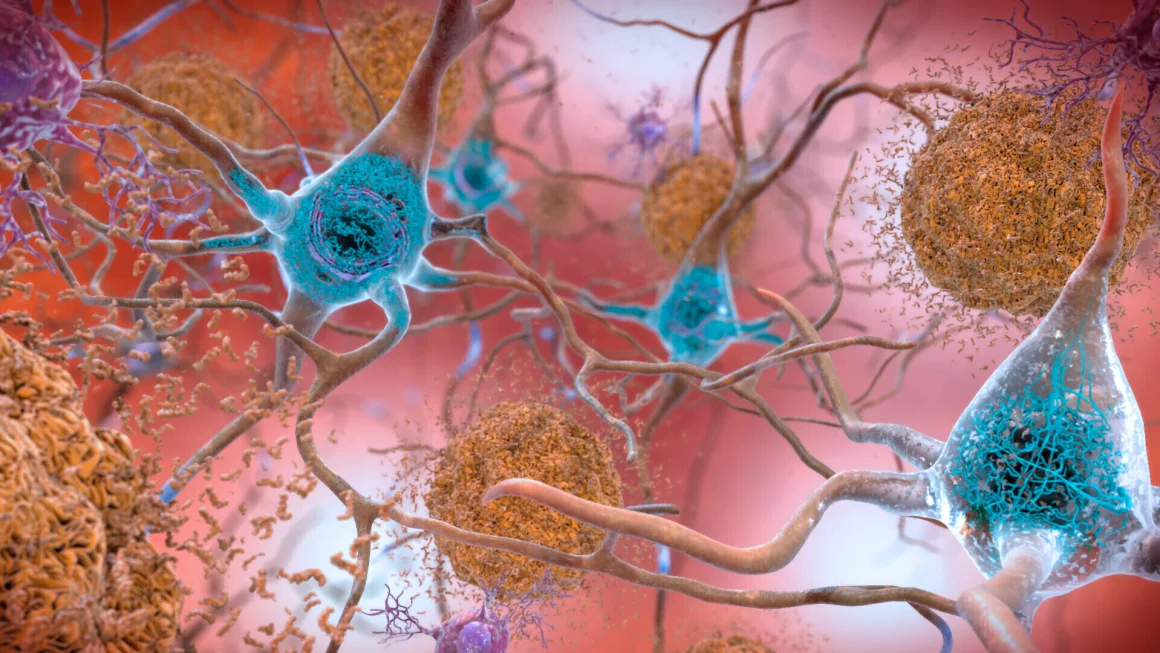
Post By : 2025-05-21"
The best kind of workout? One that trains both your body and brain"
We already know exercise is good for our bodies, but it’s also an essential tool for managing mental health. Yet many people still separate physical fitness from mental wellness, viewing them as two different goals rather than parts of the same whole.
Too often, workout routines are designed with only the body in mind, focusing on burning calories, building strength or improving flexibility. What’s often missing is intentionality — movement designed not just to make you sweat but also to help you feel better mentally and emotionally.
Research shows that consistent physical activity can ease symptoms of anxiety and depression, sharpen executive functioning and improve sleep quality, a key factor in emotional regulation and overall mental health. But not all movement is created equal when it comes to mental health. The type of movement — and how you approach it — matters.
As a mind-body coach in professional sports for more than two decades, I have helped elite athletes build durable, mobile bodies while also supporting their mental resilience — using movement and breath to regulate the nervous system, stay grounded under pressure and maintain sharp focus. These same tools and principles can help anyone strengthen body and mind, improving how they move and feel every day
Mindful movement vs. just exercising
Pushing yourself through a high-intensity workout while mentally checked out or disconnected from your body doesn’t offer the same mental health benefits as moving with awareness. True mind-body fitness involves being present during movement, using intentional breathing and training in ways that support your nervous system.
.
The brain and body are deeply interconnected through the nervous system. One of the key players in this connection is the vagus nerve, which runs from your brain stem to your gut and influences functions as varied as heart rate, digestion, mood and emotional regulation.
When you exercise with focused, deep breathing — you stimulate the vagus nerve, which activates your parasympathetic nervous system (your “rest and recover” state). Doing so can calm your mind, lower stress and improve focus by shifting your body out of “fight-or-flight” mode, helping you achieve restful states more easily.
On the other hand, when exercise is overly intense or performed with poor breathing patterns and no recovery, it can spike stress hormones and leave you feeling more depleted than energized. That’s why it’s important to choose exercises and formats that align with your needs and goals — not just physically, but mentally and emotionally, too.
"Copyright 2024 All Right Reserved By Urban Reports News








